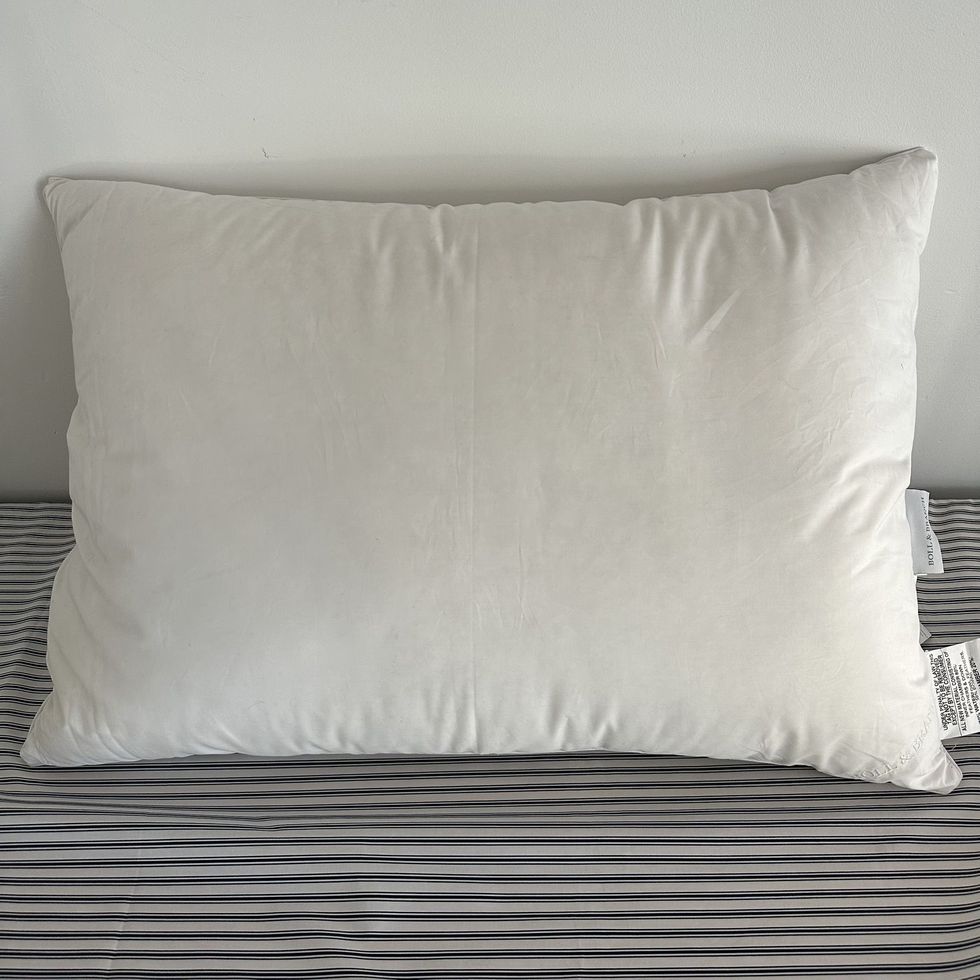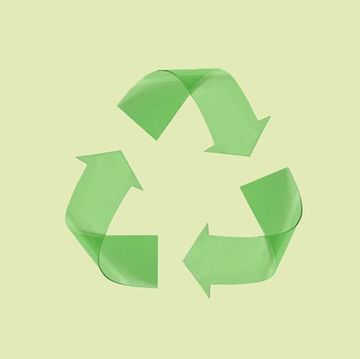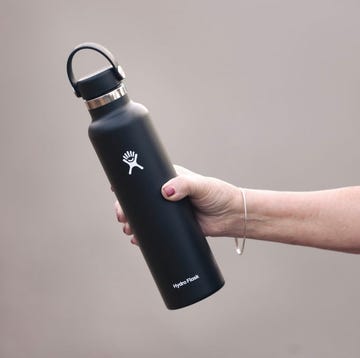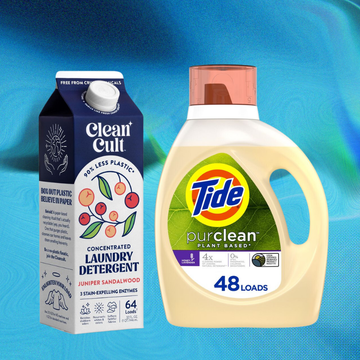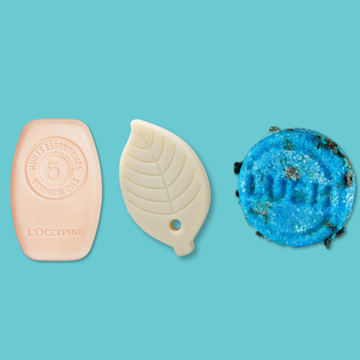7 Best Organic Pillows, According to Sustainability and Bedding Experts
These are pillows that feel good and you can feel good about buying.

We've been independently researching and testing products for over 120 years. If you buy through our links, we may earn a commission. Learn more about our review process.
Pillows are essential to a good night's rest, so you'll want one that not only feels comfortable (and puts you to sleep!), but one that you can feel good about purchasing. Organic bedding, like organic sheets or an organic mattress, has a lesser environmental impact than synthetic options. But since some companies resort to greenwashing, it can be difficult to guarantee the pillow you have your eye on is actually organic.
What's the best organic pillow for most people? Our top-tested pick is Naturepedic's Organic Adjustable Latex Pillow. Its reversible design with shredded latex and adjustable nature allow you to find your perfect height and support level. Testers of different sleep positions agreed and gave it high scores across the board.
Organic labeling is regulated by the United States Department of Agriculture under the National Organic Program. The term "certified organic" is strictly regulated. For textile-based products, like sheets or pillows, it means that fibers are grown without the use of synthetic pesticides while using less water and producing less waste than traditional growing methods. A "certified organic" label doesn't necessarily attest to the production or manufacturing process of the final product. Labeling from Global Organic Textile Standard (GOTS) and Global Organic Latex Standard (GOLS) means the whole production of the product follows strict organic guidelines.
Still, organic bedding can come at a high cost, especially if you don't want to compromise on comfort and want to feel confident it'll last. That's why at the Good Housekeeping Institute, we've tested dozens of organic pillows both in our Textiles Lab and with the help of at-home sleep testers to find the best pillows to buy.
Emma Seymour (she/her) is the associate director of the Good Housekeeping Institute's Textiles, Paper and Apparel Lab, where she has led testing for luggage, pillows, towels, tampons and more since 2018. She graduated from Cornell University with a bachelor of science in fiber science and apparel design and a minor in gerontology, completing research in the Body Scanner Lab on optimizing activewear for athletic performance.
Grace Wu (she/her) is a product reviews analyst at the Good Housekeeping Institute's Textiles, Paper and Apparel Lab, where she evaluates fabric-based products using specialized equipment and consumer tester data. Prior to starting at Good Housekeeping in 2022, she earned a master of engineering in materials science and engineering and a bachelor of science in fiber science from Cornell University. While earning her degrees, Grace worked in research laboratories for smart textiles and nanotechnology and held internships at Open Style Lab and Rent the Runway.


The Best Natural and Organic Sunscreens

The Best Organic Sheets
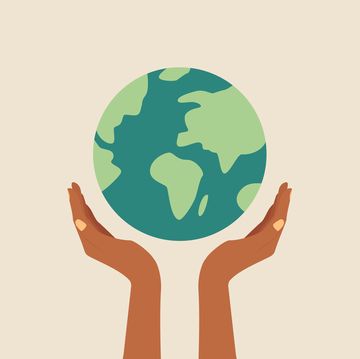
18 Surprising Earth Day Facts

Famous Quotes for Earth Day



